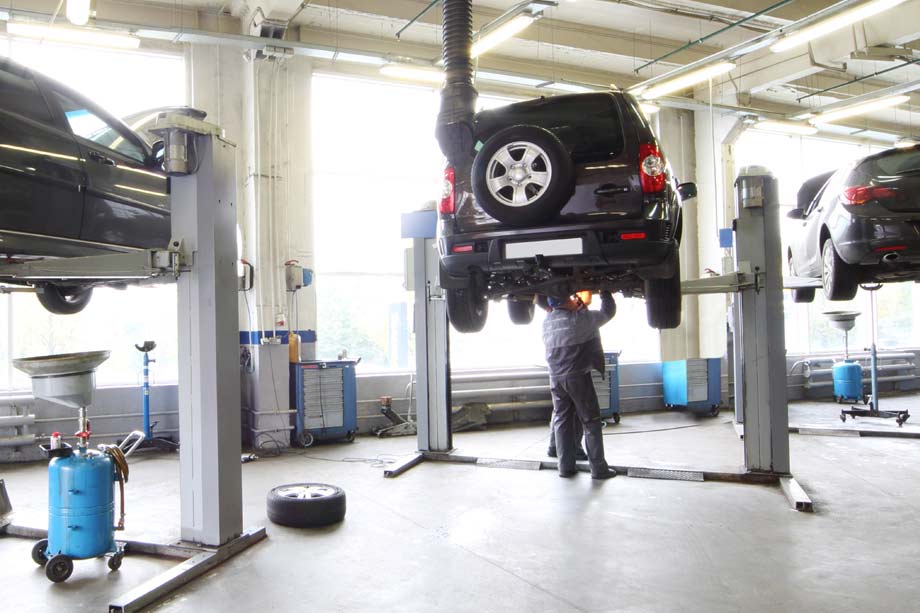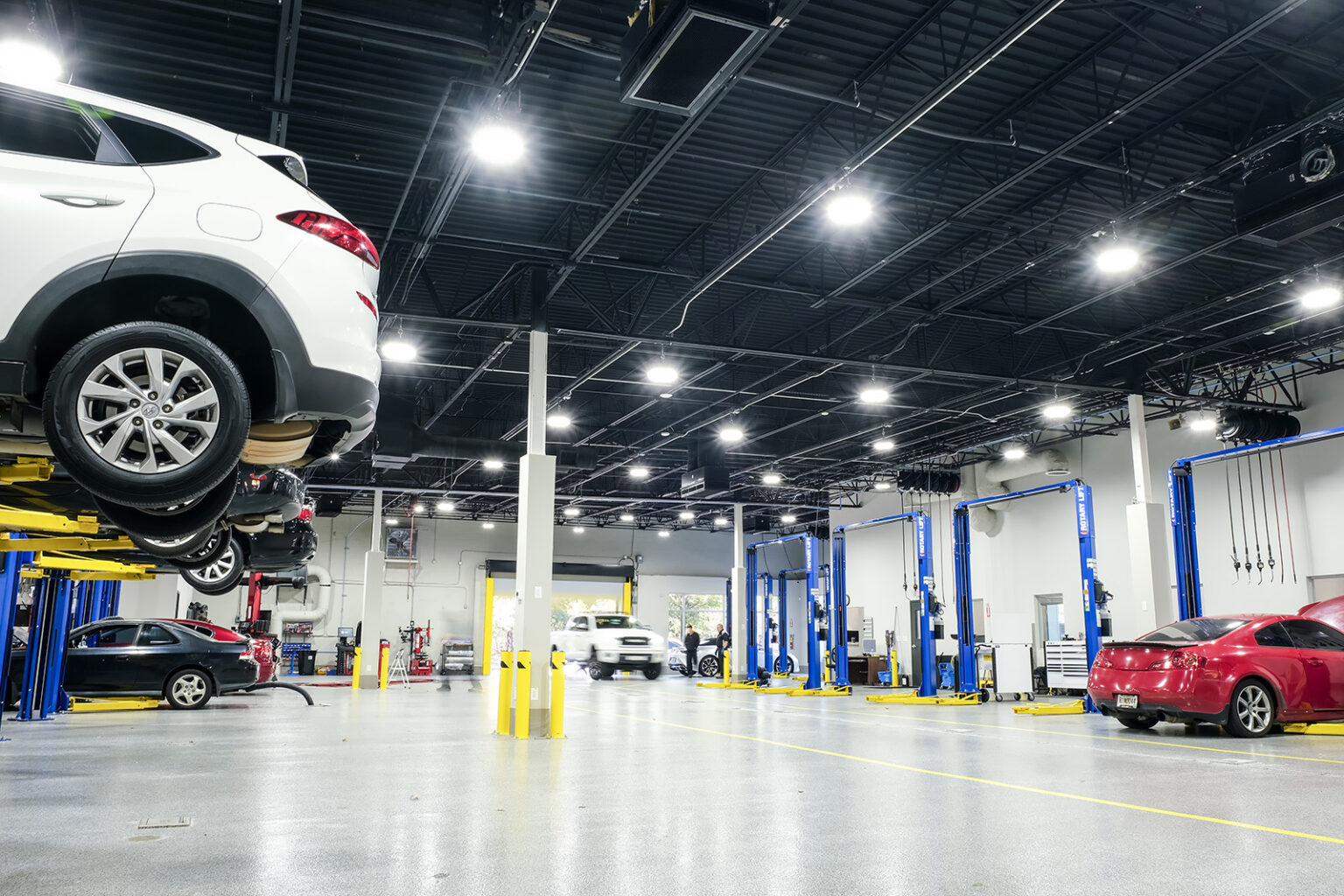All Categories
Featured
A vehicle getting too hot can be a difficult scenario, particularly if it happens all of a sudden. High engine temperatures can bring about severe damages otherwise addressed without delay. Recognizing what to do when your car overheats and recognizing just how to prevent it can save you from pricey repair work and guarantee your safety and security when traveling.
![]()
If Your Auto Gets too hot,What to Do. Pull Over Safely. As quickly as you discover signs of getting too hot-- such as steam climbing from the hood, an increasing temperature level gauge, or cautioning lights-- draw over to a secure place. Shut off the engine instantly to stop more damage.
Shut Off the air conditioner and Turn On the Heater. Turn off the air conditioning to reduce engine load and switch on the heating unit if you're incapable to draw over right away. This reroutes warmth far from the engine and into the cabin, which can aid lower the engine temperature momentarily.
Open Up the Hood (with Caution) Await the engine to cool off prior to opening up the hood. Opening it also soon can subject you to hot steam or hot liquids. Once it's secure, inspect the engine for noticeable signs of problem, such as leaking coolant or a broken radiator hose.
Examine the Coolant Degrees. If you have coolant or water in your automobile, include it to the storage tank or radiator when the engine has cooled. Prevent adding chilly water to a warm radiator, as it can trigger splitting.
![]()
Call for Assistance. If you're not able to fix the issue or identify, speak to a tow truck or roadside assistance. Driving with an overheated engine can bring about significant damage, such as a blown head gasket or warped engine components.
How to stop Your Auto from Getting too hot. Examine Coolant Degrees Routinely. Ensure your lorry constantly has the appropriate amount of coolant. Reduced coolant degrees are among the most common sources of getting too hot. Routinely examine the coolant reservoir and top it off if needed.
Check Radiator and Pipes. Look for splits, leakages, or loose links in the radiator and pipes. Change any type of damaged components quickly to stop coolant leakages.
Maintain Your Cooling System. Flush and fill up the air conditioning system as advised in your vehicle's owner handbook. Gradually, old coolant can shed its effectiveness and stop working to shield the engine from overheating.
Monitor the Thermostat and Water Pump. A defective thermostat or water pump can disrupt the air conditioning system's function. Have these parts checked throughout routine upkeep to capture concerns early.
Stay Clear Of Straining Your Automobile. Extreme weight puts added pressure on the engine and cooling system. Maintain your lots within the producer's suggested limits.
Enjoy the Temperature Level Scale. Take notice of your temperature gauge, especially during heat or when increasing high inclines. Take preventative measures such as decreasing speed or turning off the Air conditioning. if the scale begins to climb up.
Conclusion. Acting swiftly and safely can prevent more damage to your engine. With proper treatment, you can keep your engine running smoothly and avoid the hassle of an overheated lorry.

If Your Auto Gets too hot,What to Do. Pull Over Safely. As quickly as you discover signs of getting too hot-- such as steam climbing from the hood, an increasing temperature level gauge, or cautioning lights-- draw over to a secure place. Shut off the engine instantly to stop more damage.
Shut Off the air conditioner and Turn On the Heater. Turn off the air conditioning to reduce engine load and switch on the heating unit if you're incapable to draw over right away. This reroutes warmth far from the engine and into the cabin, which can aid lower the engine temperature momentarily.
Open Up the Hood (with Caution) Await the engine to cool off prior to opening up the hood. Opening it also soon can subject you to hot steam or hot liquids. Once it's secure, inspect the engine for noticeable signs of problem, such as leaking coolant or a broken radiator hose.
Examine the Coolant Degrees. If you have coolant or water in your automobile, include it to the storage tank or radiator when the engine has cooled. Prevent adding chilly water to a warm radiator, as it can trigger splitting.

Call for Assistance. If you're not able to fix the issue or identify, speak to a tow truck or roadside assistance. Driving with an overheated engine can bring about significant damage, such as a blown head gasket or warped engine components.
How to stop Your Auto from Getting too hot. Examine Coolant Degrees Routinely. Ensure your lorry constantly has the appropriate amount of coolant. Reduced coolant degrees are among the most common sources of getting too hot. Routinely examine the coolant reservoir and top it off if needed.
Check Radiator and Pipes. Look for splits, leakages, or loose links in the radiator and pipes. Change any type of damaged components quickly to stop coolant leakages.
Maintain Your Cooling System. Flush and fill up the air conditioning system as advised in your vehicle's owner handbook. Gradually, old coolant can shed its effectiveness and stop working to shield the engine from overheating.
Monitor the Thermostat and Water Pump. A defective thermostat or water pump can disrupt the air conditioning system's function. Have these parts checked throughout routine upkeep to capture concerns early.
Stay Clear Of Straining Your Automobile. Extreme weight puts added pressure on the engine and cooling system. Maintain your lots within the producer's suggested limits.
Enjoy the Temperature Level Scale. Take notice of your temperature gauge, especially during heat or when increasing high inclines. Take preventative measures such as decreasing speed or turning off the Air conditioning. if the scale begins to climb up.
Conclusion. Acting swiftly and safely can prevent more damage to your engine. With proper treatment, you can keep your engine running smoothly and avoid the hassle of an overheated lorry.
Latest Posts
When to Tell When Your Car Needs Expert Auto Repair at Montclare Auto Repair
Published May 27, 25
1 min read
Signs When Your Car Needs Professional Car Repair at Montclare Auto Repair
Published May 26, 25
1 min read
Explore Auto Services & More: Complete Auto Care Solutions from Montclare Auto Repair
Published May 22, 25
1 min read
More
Latest Posts
When to Tell When Your Car Needs Expert Auto Repair at Montclare Auto Repair
Published May 27, 25
1 min read
Signs When Your Car Needs Professional Car Repair at Montclare Auto Repair
Published May 26, 25
1 min read
Explore Auto Services & More: Complete Auto Care Solutions from Montclare Auto Repair
Published May 22, 25
1 min read